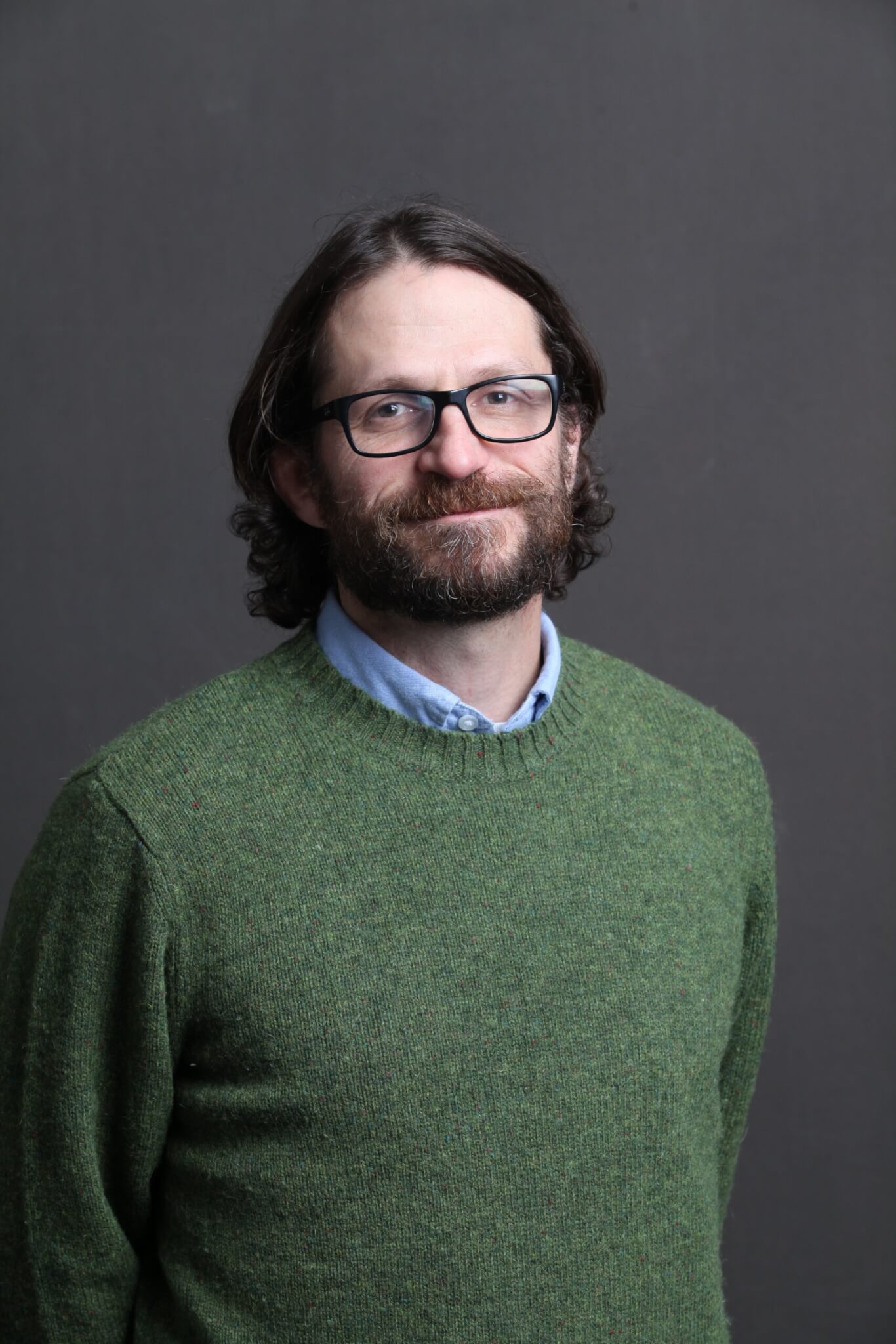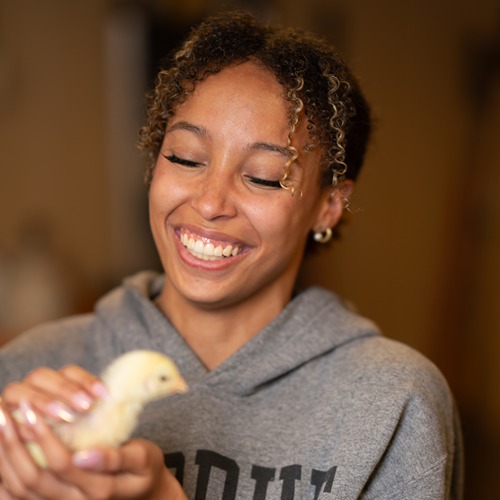Animal sciences professor to address food safety in Cambodia
Paul Ebner, Purdue professor of animal sciences, will co-lead a project to decrease risk posed from foodborne pathogens in Cambodia. Ebner and the co-lead, Jessie Vipham, assistant professor of global food systems and nutrition at Kansas State University, received a grant from the USAID Feed the Future Innovation Lab for Food Safety, managed by Purdue and Cornell Universities. Ebner, who has extensive experience in bringing food safety resources overseas, said the project’s goal is to reduce foodborne illnesses in Cambodia.
“Cambodia has a strategic plan for improved nutritional health, which involves promoting consumption of more vegetables,” Ebner explained. “Vegetables, however, are often high risk foods in terms of food safety, especially when consumed raw. Foodborne diseases can negate any positive nutritional effects from the food. We want to be able to measure and see reduced risk.”

Achieving this goal requires a multi-faceted and nuanced process, Ebner added, one that requires in-depth understanding about informal food markets as well as participation from various partners and stakeholders in Cambodia. Ebner and Vipham will work closely with individuals at several Cambodian universities, institutes and governmental offices to identify the two most prevalent and risky foodborne pathogens, find critical control points and work with producers and vendors to implement safety procedures.
The project also contains a major public education component, which involves increasing awareness among consumers about the impact of foodborne diseases. “Foodborne illnesses are preventable,” Ebner said. “But food safety improvements are often driven by a consumer demand or even a willingness to pay more for something they know is produced a certain way. You regularly see this in food production in the U.S. as well.”
Using qualitative and quantitative methods, Ebner said the team will be able to gain a deep understanding for the motivations of different stakeholders and priorities of consumers. The goal, he added, is not to develop solutions that work in the lab but rather to understand the market and culture to a degree that allows the team to suggest functional and realistic changes in production.
“Instead of throwing spaghetti against a wall and seeing what sticks, we are trying to inform this project with in-depth research to pursue interventions that will work in this specific context. This involves coming up with data that informs usable solutions,” Ebner continued.
COVID-19 complicates the project’s trajectory, as it has most research plans this year, but Ebner said work is still going forward. Strong partnerships in Cambodia and access to technology mean that research doesn’t have to grind to a halt. Cambodia has very few COVID-19 cases, Ebner said, and it’s important to his team that they not jeopardize that through their research efforts.
Ebner has worked in Cambodia before and he is excited to pursue this new project there. “Cambodia is a very interesting and beautiful place with some complex history,” Ebner said. “Our partners are easy to work with and people throughout the country are eager to make inroads in food safety.”






